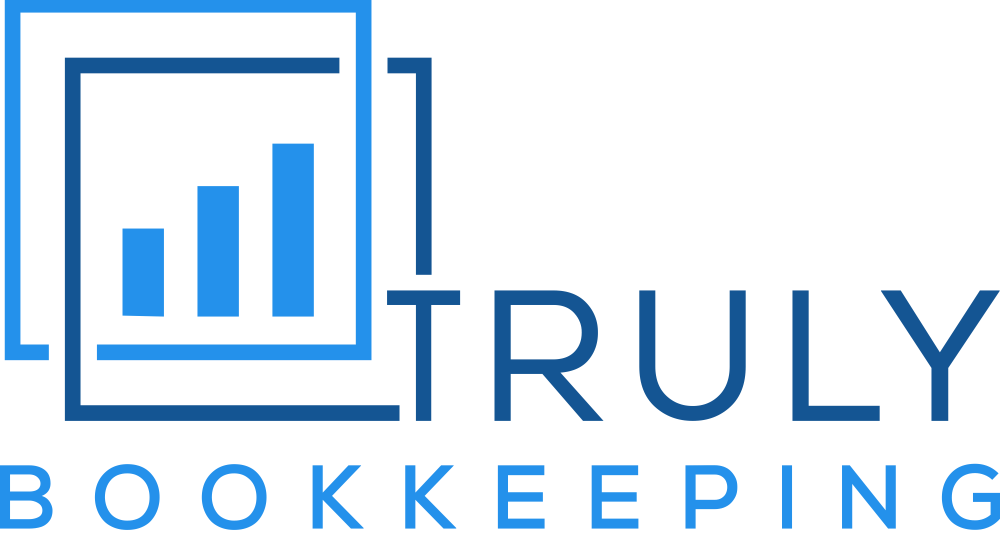The Steps to Starting A New Business

Congratulations, you’ve decided to start a new business! This is an exciting step in your career, and you’re probably asking yourself how to get started. From choosing a business name to picking an ideal business location, the steps needed to start a successful business can be numerous.
Thankfully, we’ve put together a straightforward guide to getting your business up and running. At the end of this short article, you will know the key steps to starting a new business.
Choosing a Business Idea and Market
You probably had a good idea of the product or service you want to offer when you decided to start your own business. After choosing a product or service, determining how best to market it becomes important. This includes researching the size of your intended audience, any competitors, and a marketing strategy to attract potential customers.
For example, if you plan on offering a specialized product or service, a concentrated marketing strategy can work well. Settling on a target audience and deciding on the proper marketing strategy early can save time and money in the future.
Choosing a Name
It may sound simple, but choosing the right name for your business is one of the most important decisions you will make as a business owner. Names such as Nike, Microsoft, and Apple have come to symbolize success and quality. Additionally, a catchy and easy to remember name will be a valuable asset to your marketing efforts.
Create a Business Plan
Now that you have decided on a product or service and have a good idea of your target market, it’s time to put those ideas on paper in the form of a business plan. Most business plans include the following sections:
- Company Value Statement- What do you value personally and how has that informed starting your business?
- Company Mission Statement- What problem do you want to solve for your clients or why do you want to serve them through your product or service?
- Marketing Plan- What forms of social media do you intend to use? Pick one to start out and go all in.
- Budget- Finances can be the most overlooked aspect of starting a business, so take time to write down all the expenses you will have both starting out and ongoing. Include taxes, business licenses, software expenses, etc.
- Pricing Plan- Most new businesses UNDER-price their product or service. Once you have a budget, you’ll have a better idea how much you NEED to make to be profitable. Look at what others are charging as well.
- Goals- These can include both big and small. An initial goal might be to earn enough to pay off a debt, or quit your current job. A bigger goal might be to create a legacy that can be passed onto your children. What will motivate you on those hard days?
- Action Plan- What steps do you need to take to make this happen? Include registering with the appropriate state and federal entities, subscribing to needed software and networking with others in your field.
The sections need not be overly complicated, but should be clear and concise. The business plan is the foundation of your business, and provides a blueprint for business success.
Choose a Business Structure
Choosing the right business structure for your new company depends on what features are important to you. Most businesses are corporations, LLCs, partnerships, or sole proprietorships. Each has its advantages and disadvantages. Corporations offer limited liability and easy transferability of shares, which is important if you plan on seeking outside investors.
LLCs, or limited liability companies, also offer limited liability to their owners and are easier to form than corporations. Unlike corporations and LLCs, partnerships and sole proprietorships do not offer liability protection for their owners, but have few formation requirements. Below is a table that summarizes the advantages and disadvantages of each business type.
| Corporation. | Partnership. | LLC | Sole
Proprietorship. |
|
| Limited Liability | Yes | No | Yes | No |
| Ease of Formation
(Ranked from 1-4, with 1 being the easiest) |
4 | 2 | 3 | 1 |
It is a good idea to talk with an accountant or tax professional before deciding the appropriate structure. After making your decision, it is important to register the business with the IRS and state government as soon as possible.
Create a Business Website and Email Address
After registering your business and creating a business plan, you should build a website and register a company email address. Creating a robust website and registering the corresponding email address is a great way to provide potential customers with information about your business, and a way to interact with you through email. Adding a blog to your website can also help reach more potential customers.
Open a Business Bank Account
Opening a business bank account is important, as it separates business income and expenses from personal income and expenses. This will help your accounting immensely. You have several options when choosing your bank, including local banks, national banks, and online banks.
Establishing a relationship with a local bank can be beneficial when seeking financing or loans for business operations. If you’re looking for ease of use, an online bank may be the right choice. Many banks also offer incentives, such as a $500 deposit after a certain number of transactions. For more detail and information on how many business bank accounts to open, be sure to check out the Truly Profit Plan Ebook!
Choose an Accounting Program And Hire a Bookkeeper
Keeping accurate books is extremely important to your company’s success. There is no shortage of options when it comes to bookkeeping. Software programs such as QuickBooks Online, Xero, and Sage Intacct are popular as they are relatively easy to use and have all the accounting features you need.
You also have the option of hiring an outside bookkeeper, with many bookkeeping companies charging a fraction of the price to hire an in-house bookkeeper.
Robust accounting is also helpful when making tax payments. You will likely be making quarterly tax payments to the relevant tax authority, and many accounting programs have features that allow you to set up automatic tax payments. This is a great feature that helps avoid late payment penalties. For more information on business taxes, this link to the IRS can be beneficial.
Final Thoughts and Suggestions
Now that we have discussed some of the most important steps to starting a successful business, let’s go over a few more suggestions that can help your business succeed:
- Start small and scale successes
- Keep a journal of business issues and how they were resolved
- Track goal progress regularly
- Stay positive!
If you’d like to chat with a professional about these steps, click on the link below to schedule a consultation.
